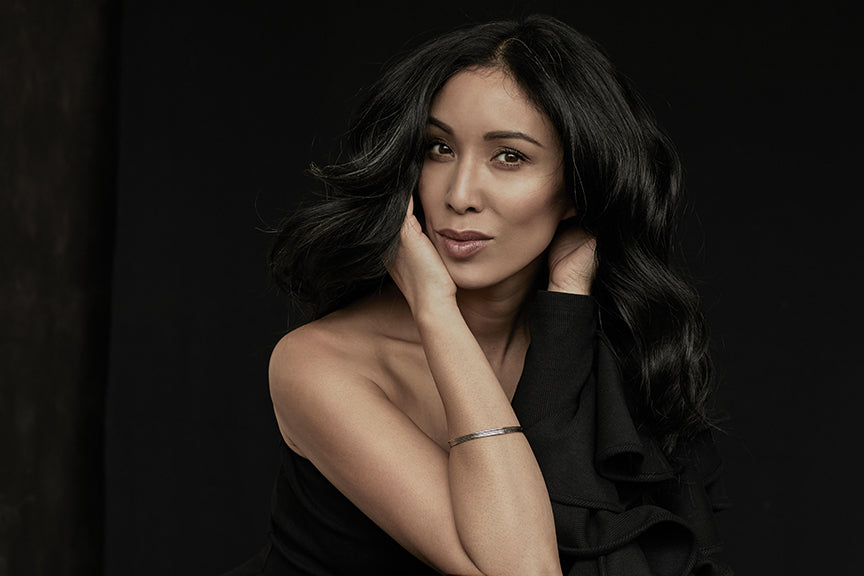How are Cosmetics Regulated - By Advanced Scientists & Experts
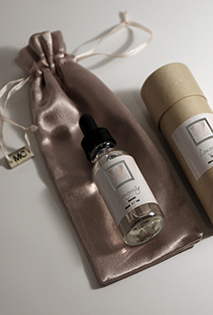
The deconstruction of science and cosmetic science, which includes the vast molecular fields ranging from food, fragrance, therapeutic, medicinal and developmental science, has become somewhat of a social exercise. The scrutiny of ingredients that are safe for human consumption are regulated by several global governances, hundreds of governmental, university faculties and consortiums made up of experts who have demonstrated history of higher education, proven theory and high level of ethical practice and legislations that are based on thousands of years of knowledge based science, history and evidence.
It has been reported by some misinformed content outlets (Goop.com), that cosmetic regulations are not governed and are outdated since 1928 and whom chose to quote a century old document as their editorial evidence. This is just not the case. If you are interested in cosmetic regulations, visit the websites for FDA-USA, Health Canada, European Commission, Cofepris - Mexico, CTFA - South Africa, China FDA, Department of Health and Family Welfare - India, CIR - Cosmetic Ingredient Review, IFRA - International Fragrance Association and many more comprehensive international associations. There are several commissions within every country and specific sectors in which to also find further cosmetic regulation references.
In fact, there are hundreds of regulatory governances, at least one for every country, and dozens of robust global alliances that oversee the continued advancement of cosmetic innovation and improvement.
By allowing the deconstruction of cosmetic ingredients to be scrutinized by the public in social media or otherwise, is not in the best interest of the public. The circulation of mythologies based on improper method or misinformation do not provide accurate nor sound information. Anecdotal information can be helpful to social communications and marketing but clinical and evidence based science from the lab are what keep our families health in best interest.
Consumers can trust their products - but always remember, use products that are appropriate for your personal use and use only as directed, use in moderation and do not engage in risk when it comes to yours or your family's health and concerns.
Also in MC2 BLOG
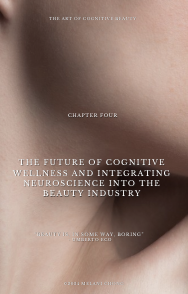
Welcome to The Future of Neuro Beauty
The understanding of Cognitive Beauty opens new possibilities for beauty treatments that go beyond surface-level aesthetics and delve into the underlying neurobiology of beauty and the diverse world of aesthetics.
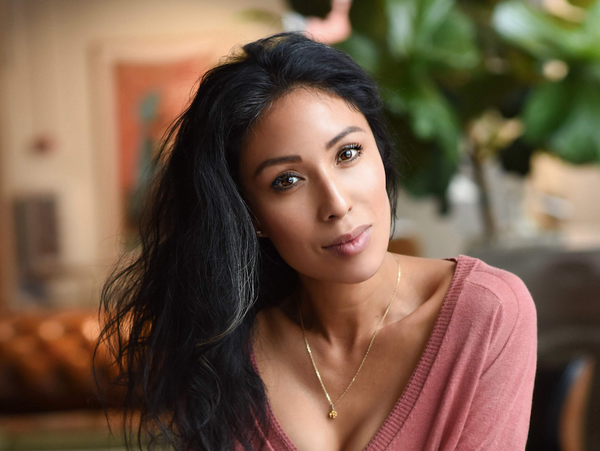
Your Skin Is A Quantum Communicator
Your skin is a sensory force field, constantly receiving and emitting powerful signals. It’s how you interact with the world and how the world interacts with you.
Your skin is a quantum communicator—it picks up vibrations, temperature changes, even emotional energy from others - Melani Chong
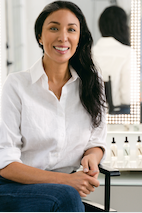
The Skin - Brain Axis - How It works
Melani Chong Neuro Beauty Expert ::: The Skin-Brain Superhighway
Did you know your skin and brain have a hotline to each other? Yep, they're chatting 24/7 through a superhighway of nerves and biochemicals. Stress, mood, and even how well you sleep can affect your glow-up game.
Because understanding this connection gives you the power to take control of your skin's story. Managing stress, sleeping well, and using neurocosmetic ingredients can help keep both your mind and skin in harmony.

